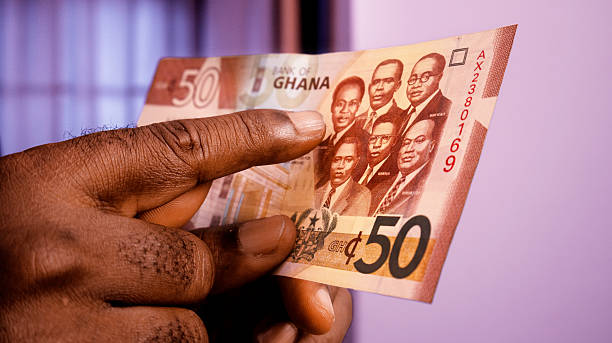The Ghanaian cedi’s recent strong performance has come to an end due to increased demand for dollars by companies paying for imports before the holiday season. The currency has weakened by 13% this quarter, making it the biggest decline globally. This decline has partially offset the cedi’s 50% gain earlier in the year, which was supported by a higher gold price.
Analysts attribute the cedi’s current weakness to the central bank’s inability to supply enough foreign currency to the market. Banks have only been able to fulfill about half of their clients’ dollar requests, leading to a shortage of dollars in the market. However, the central bank is now making efforts to meet all demand for foreign exchange.
Despite the recent decline, the cedi is still up 23% year-to-date. Ghana’s economy heavily relies on imports, with demand for foreign products increasing towards the end of the year as businesses prepare for the holiday season. While the country’s international reserves have reached a three-year high, the central bank is cautious about deploying funds to meet all foreign exchange demands.
The Bank of Ghana aims to maintain stability in the cedi within a reasonable range. They emphasize the importance of ensuring that currency fluctuations reflect economic fundamentals and do not undermine confidence in the broader economy.
It is important to note that the views and opinions expressed in this article are not necessarily reflective of Multimedia Group Limited’s views or policies.








